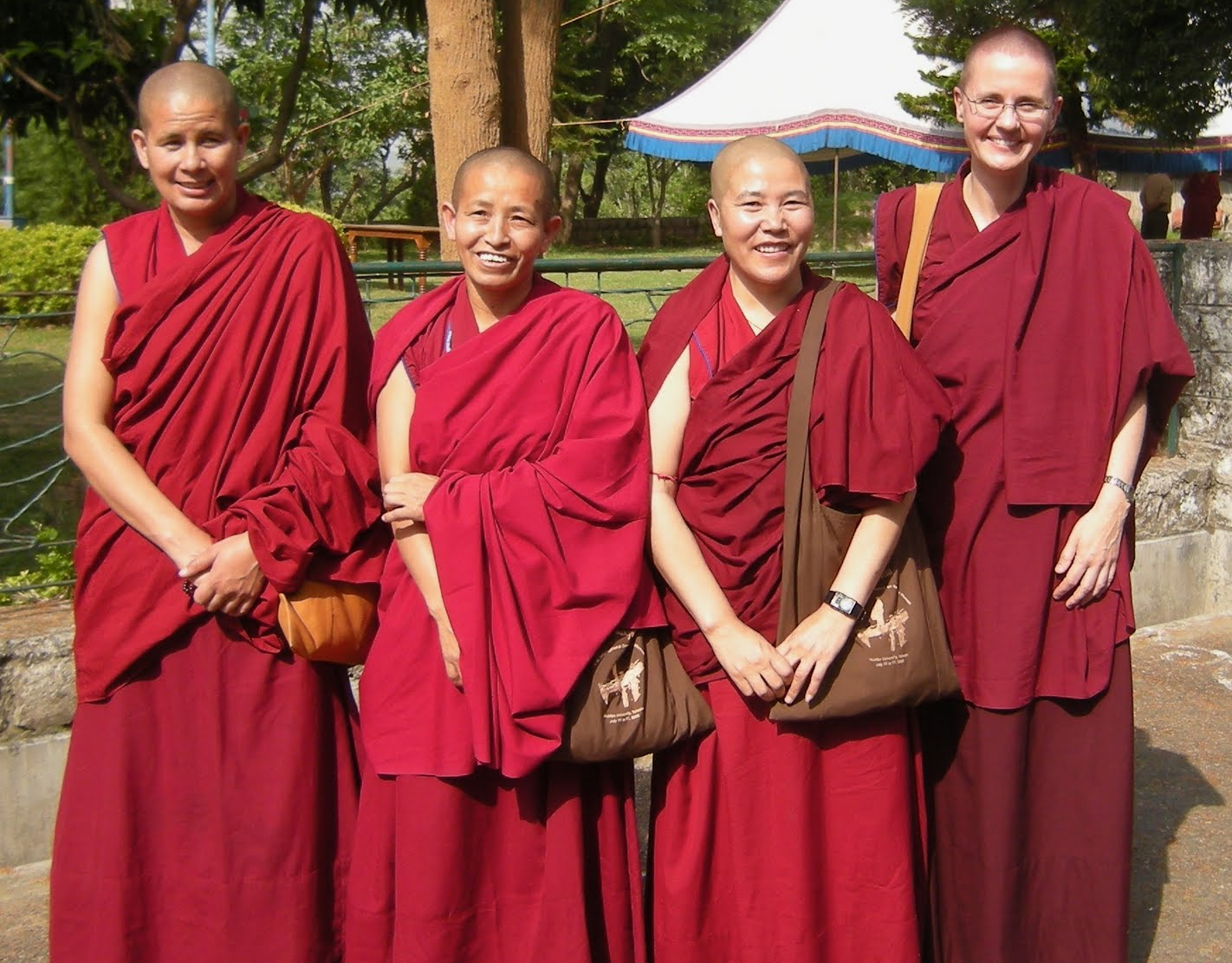Did George Bush's grandfather steal Geronimo's skull?

From the New York Times: "The descendants of Geronimo sued Skull and Bones, a secret society at Yale University, in 2009, charging that its members robbed his grave in 1918 and have kept his skull in a glass case ever since. The Apache warrior’s heirs were seeking to recover all his remains and have them transferred to a new grave at the headwaters of the Gila River in New Mexico. Geronimo died a prisoner of war at Fort Sill, Okla., in 1909. A longstanding tradition among members of Skull and Bones holds that Prescott S. Bush– father of President George Bush and grandfather of George W. Bush – broke into the grave with some classmates during World War I and made off with the skull."
Null Island doesn't exist, but its presence on modern maps serves a purpose

From Stamen: "Null Island is a long-running inside joke among cartographers. It is an imaginary island located at a real place: the coordinates of 0º latitude and 0º longitude, a location in the Atlantic Ocean off the coast of Africa where the Prime Meridian meets the Equator, hundreds of miles from any real dry land. Null Island is not just a silly place to think about when cartographers are bored, it is a phenomenon that repeatedly and annoyingly asserts itself in the middle of day-to-day cartographic work, often when you least expect it. Sometimes you load a new dataset into your GIS program, but the coordinates aren’t parsed correctly and they turn into all zeroes: cartographers say your data is on Null Island."
(Editor's note: If you like this newsletter, please share it with someone else. And if you really like it, perhaps you could subscribe, or contribute something via my Patreon. Thanks for being a reader!)
Tibetan Buddhism is seen as peaceful but its origins tell a different story

From RedSails: "Many Buddhists maintain that, before the Chinese crackdown in 1959, old Tibet was a spiritually oriented kingdom free from the egotistical lifestyles, empty materialism, and corrupting vices that beset modern industrialized society. Western news media, travel books, novels, and Hollywood films have portrayed the Tibetan theocracy as a veritable Shangri-La. A reading of Tibet’s history suggests a somewhat different picture. The first Dalai Lama seized monasteries that did not belong to his sect, and is believed to have destroyed Buddhist writings that conflicted with his claim to divinity. The Dalai Lama who succeeded him pursued a sybaritic life, enjoying many mistresses, and was murdered by his priests. Within 170 years, despite their recognized divine status, five Dalai Lamas were killed by their high priests.
How the humble lab mouse went from Victorian novelty to biomedical necessity

From Asimov Press: "Today, somewhere on the order of 30 million rodents are used yearly in biomedical research in the U.S. and E.U. The majority of lab animals (about 95 percent) are mice or rats. However, the mouse’s modern prevalence was not guaranteed from the outset. The early supply of mice for research depended on a late-19th century community of hobbyists—fanciers—who collected, bred, and sold unusual mice varieties. These “fancy” varieties were then standardized in the 1920s by a small group of researchers at the Jackson Laboratory in Maine who intended to use them to investigate the genetics of cancer but were instead forced to sell their mice in order to support the lab financially when funding dried up during the Great Depression."
Whether you call it tea or chai depends on whether it arrived by land or by sea

From Language of Food: "Tea is even more than a delicious beverage or refreshing salad. These tea words ("tea", "cha", "chai") are players in an unusual linguistic story, in which two differing pronunciations of a word reflect the two ways that Europe and Asia have traded over the last 500 years. The story begins where the far southwest of China's Yunnan province meets northeastern Burma and Thailand. The tea plant, camellia sinensis, is native to a wide area that includes this region, and it was probably somewhere near here that it was domesticated. Around the turn of the 17th century, tea began to spread around the globe, and languages around the world borrowed the word from Chinese, in two distinct forms. Some languages have a word starting with "t" like our tea while others have a word starting with "ch" like cha."
This researcher into aging wants to replace your brain piece by piece

From MIT Tech Review: "A US agency pursuing moonshot health breakthroughs has hired a researcher advocating an extremely radical plan for defeating death. His idea? Replace your body parts. All of them. Even your brain. Jean Hébert, a new hire with the US Advanced Projects Agency for Health, is expected to lead a major new initiative around “functional brain tissue replacement,” the idea of adding youthful tissue to people’s brains. The brain renewal concept could have applications such as treating stroke victims, who lose areas of brain function. But Hébert, a biologist at the Albert Einstein school of medicine, has most often proposed total brain replacement, along with replacing other parts of our anatomy, as the only plausible means of avoiding death."
He can guess the hex codes of different colours in real time
Like wtf😭😭😭 https://t.co/SJq1ARIXUU pic.twitter.com/C6RBIdqdv3
— dashiell (@viridityedm) August 14, 2024
Acknowledgements: I find a lot of these links myself, but I also get some from other newsletters that I rely on as "serendipity engines," such as The Morning News from Rosecrans Baldwin and Andrew Womack, Jodi Ettenberg's Curious About Everything, Dan Lewis's Now I Know, Robert Cottrell and Caroline Crampton's The Browser, Clive Thompson's Linkfest, Noah Brier and Colin Nagy's Why Is This Interesting, Maria Popova's The Marginalian, Sheehan Quirke AKA The Cultural Tutor, the Smithsonian magazine, and JSTOR Daily. If you come across something interesting that you think should be included here, please feel free to email me at mathew @ mathewingram dot com



